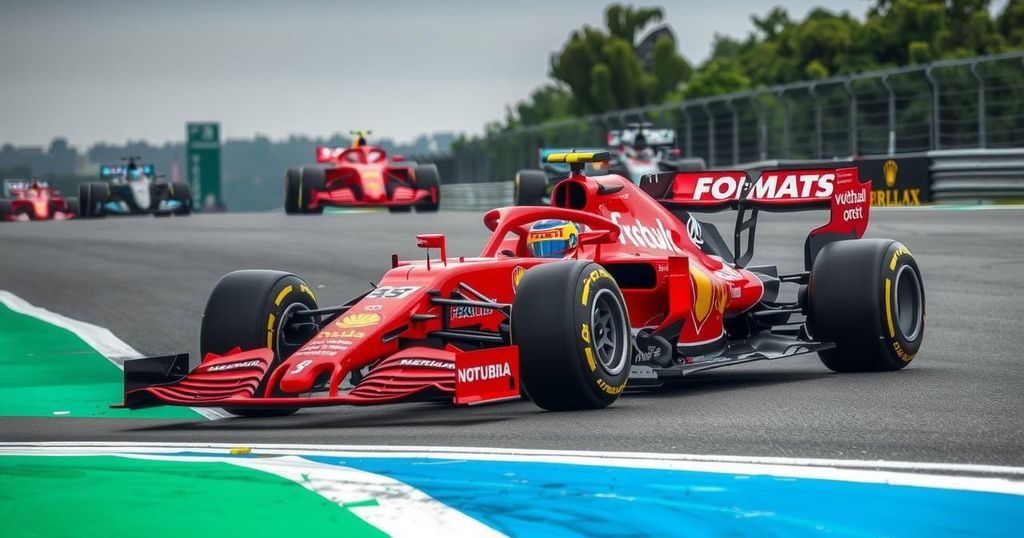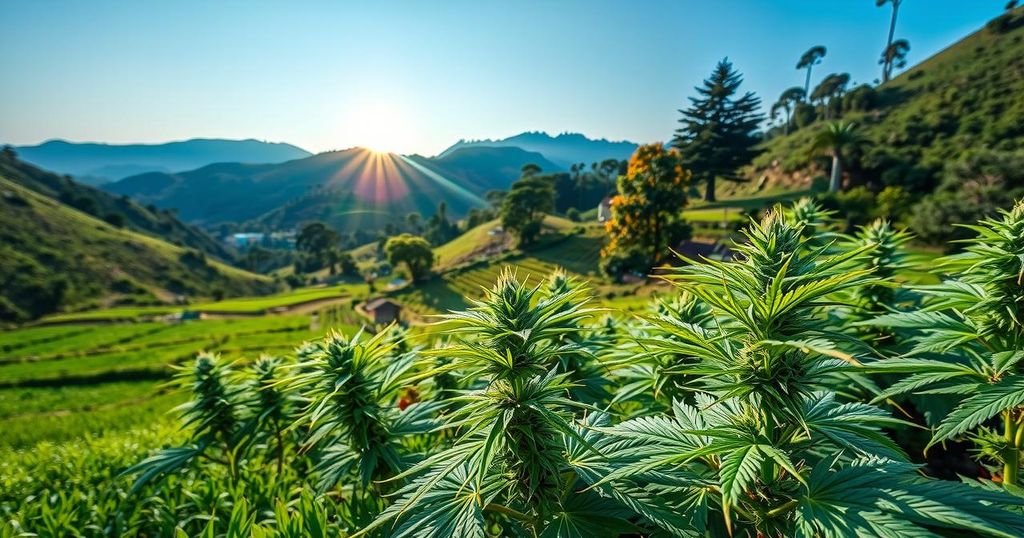Business
economics
AFRICA, AMSTERDAM, ASIA, BANGKOK, COVID-19 IMPACT, ECONOMIC IMPACT, ECONOMICS, ECONOMY, EUROPE, GAY, GAYTON MCKENZIE, GOVERNMENT POLICY, GP, GPBLOG, ITALY, KYALAMI, LUDO VAN DENDEREN, MANCHESTER, MONZA, NETHERLANDS, RWANDA, SOUTH AFRICA, THAILAND, UNITED KINGDOM
Isaac Bennett
0 Comments
The Inappropriateness of F1 in Rwanda, South Africa, and Thailand
Countries like Rwanda, South Africa, and Thailand are vying to host Formula 1 races amid pressing social and economic priorities. This ambition often clashes with the needs of the populace, who struggle with poverty and inadequate infrastructure. The financial viability of hosting Grand Prix events remains questionable, raising ethical concerns about diverting public funds from essential services to support high-cost motorsport activities.
In recent times, countries like Rwanda, South Africa, and Thailand have sought to host Formula 1 Grand Prix races, reflecting a desire to elevate their global image. However, this ambition raises questions about the appropriateness of such events in nations with pressing social and economic challenges. The push for Formula 1 in these regions often appears misaligned with the needs of their populations, many of whom contend with poverty and inadequate infrastructure rather than the extravagance of high-octane motorsport.
South Africa’s Sports Minister, Gayton Mckenzie, expressed disappointment over the lack of representation for Africa in Formula 1, noting that while Europe held numerous races, the continent was left without any. He has vowed to advocate for the return of the South African Grand Prix, relying on local investors to fund the endeavor. Nevertheless, past attempts have shown that securing the necessary funding has been a significant obstacle.
The prospect of hosting a Grand Prix raises concerns about the diversion of vital public funds. Many citizens would likely prefer investments in basic utilities and food security rather than the lavish expenses associated with motorsport, which could ultimately leave governments financially strained, as evidenced by previous Grand Prix events in the region. The allure of attracting tourists and the potential economic boost from such events often fails to materialize sufficiently to justify the expenditure.
Furthermore, Formula 1 and the FIA should reconsider their priorities when it comes to expanding into these markets. Rather than imposing fees on local organizers, they could adopt a model that promotes accessibility and investment in local motorsport initiatives, which would foster genuine engagement with the communities rather than merely catering to affluent visitors.
In summary, although there is an allure in bringing Formula 1 to countries like Rwanda, South Africa, and Thailand, the associated costs and priorities suggest that it may be more prudent to address the existing socio-economic challenges before indulging in high-profile sporting events.
The increasing interest from nations like Rwanda, South Africa, and Thailand to host Formula 1 races stems from a desire to enhance international prestige and attract tourism. Yet, these countries face significant hurdles, including widespread poverty and infrastructure deficits, raising the question of whether the substantial funding and resources required for such races could be better allocated toward more pressing societal needs.
In conclusion, while the ambition to host Formula 1 races in Rwanda, South Africa, and Thailand may reflect a desire for global prominence, it poses ethical and practical challenges. Short-term prestige must not overshadow the long-term needs of these countries, where public resources might better serve to alleviate poverty and improve basic infrastructure instead of funding extravagant motorsport events. A more sustainable approach that invests in local communities would be a prudent alternative.
Original Source: www.gpblog.com




Post Comment